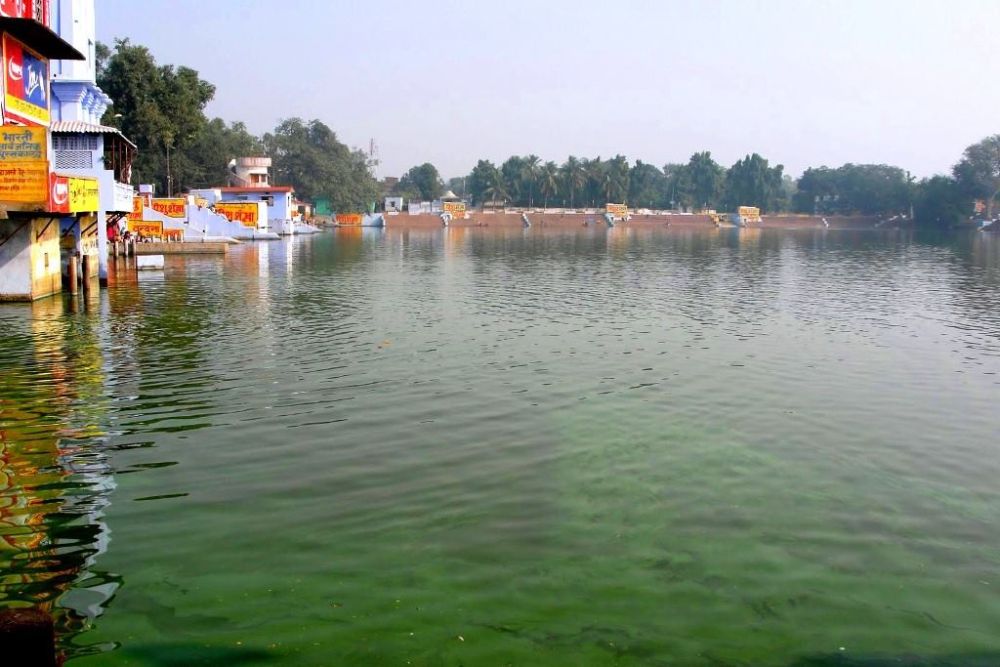

Shivganga located in the sacred city of Deoghar in the state of Jharkhand, India, is a spiritual retreat for millions of devotees who visit this place each year. Known for its mythological significance and its proximity to the venerated Baidyanath Jyotirlinga temple, it is a place immersed in devotion and tranquility.
The history of tourism in Deoghar, specifically at Shivganga, is intricately tied to the history of the Baidyanath Dham, one of the twelve Jyotirlingas, which has attracted pilgrims for centuries. The establishment of Shivganga as a tourist destination is not just recent; it has been a part of the larger pilgrimage circuit for an extended period.
The sacred tank, Shivganga, is believed to have been constructed by the demon king Ravana and is said to contain holy water from the Ganges. This mythology has been a cornerstone in establishing the significance of Shivganga within the larger religious site of Deoghar. Consequently, the history of tourism here is as old as the legends themselves.
As part of the religious tourism that thrives in Deoghar, Shivganga has been a vital component. Pilgrims believe that bathing in the sacred waters of Shivganga before visiting the Baidyanath temple purifies them and enhances the spiritual benefits of their worship. Consequently, the site has been a regular stop for those undertaking the pilgrimage to seek blessings at the temple.
Over the years, the local and state governments have recognized the need to develop infrastructure to support the growing number of tourists. This includes improved lodging facilities, transportation, and amenities for the pilgrims. Enabled by such developments, Shivganga and the Deoghar district have seen a steady increase in both domestic and international tourists.
More recently, there has been a push towards holistic tourism development. This not only focuses on religious aspects but also aims at promoting cultural experiences, local crafts, and ecotourism. Efforts are also being made to incorporate technology in tourism management, including digital information centers and virtual tours.
Yoga and Spirituality: Deoghar, with its serene environment, is now becoming a center for yoga retreats and spiritual wellness programs, aligning with the global trends in health and wellness tourism.
Festivals and Events: Leveraging the religious festivals like Shravani Mela, during which millions of devotees visit Deoghar to offer holy water to the Baidyanath Jyotirlinga, has also boosted the local tourism economy and raised the profile of Shivganga among cultural tourists.
Heritage Tourism: There is an increased interest in exploring the region’s heritage beyond the primary religious sites, including nearby temples, ashrams, and places of historical significance, contributing to a more diversified tourism experience.
As it adapts to modern tourism trends, Shivganga and the broader region maintain the delicate balance between preserving the sanctity of this sacred space and catering to the evolving needs of tourists. With sustainable practices and responsible tourism gaining prominence globally, Deoghar is positioning itself to become an example of how religious sites can thrive while respecting cultural values and environmental concerns.
Whether visitors are seeking a spiritual journey, an insight into ancient Indian culture, or the tranquility of nature, Shivganga in Deoghar offers a unique and fulfilling experience that weaves together the ancient world with the new – attracting hearts and souls from across the globe.